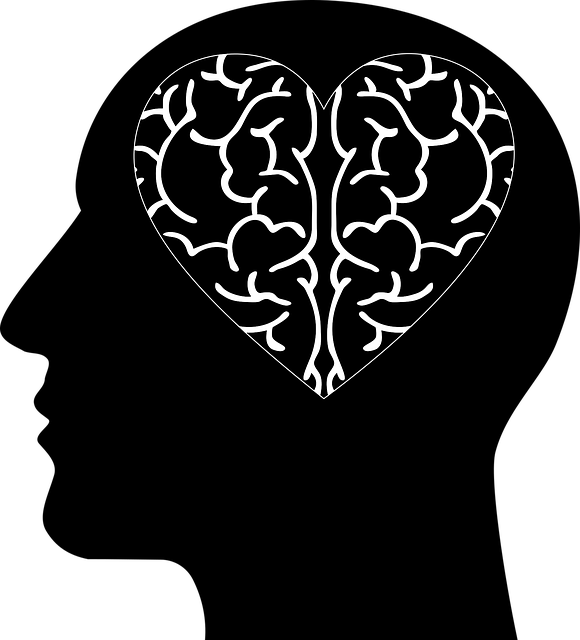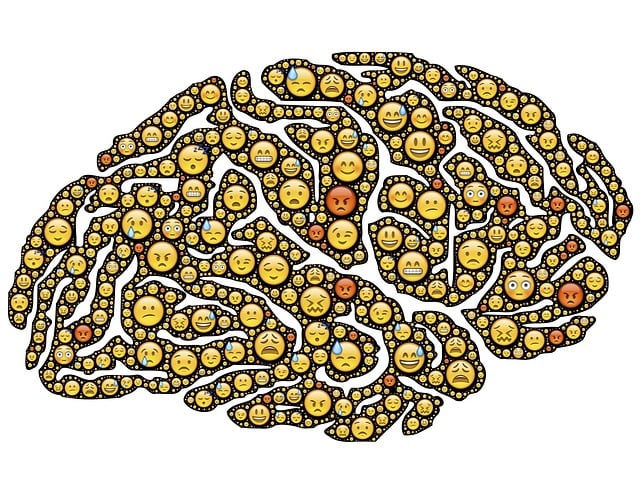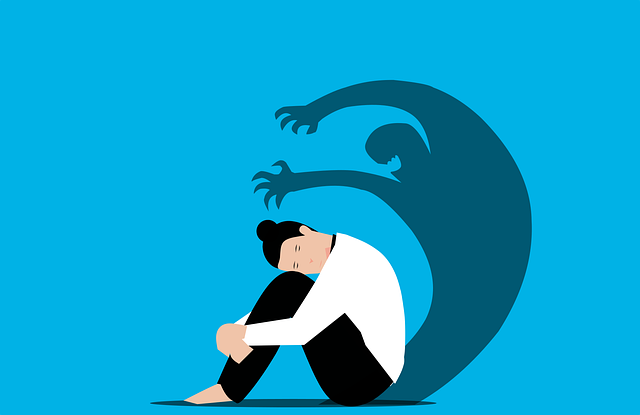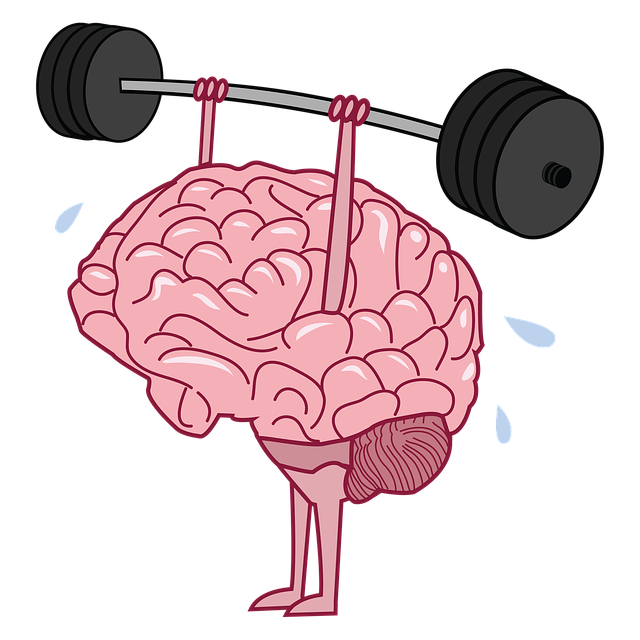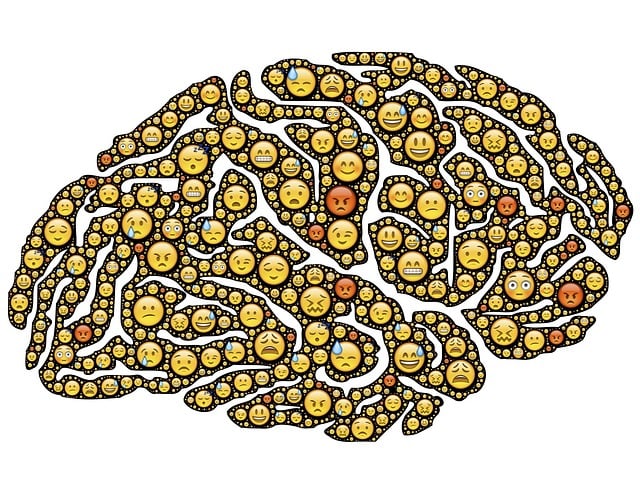Adolescents face significant challenges in today's social landscape, making resilience a crucial asset for navigating adversity. Littleton Adolescent and Teen Therapy offers a comprehensive approach through its RFM (Resources, Strengths, Needs) model, fostering mental well-being by identifying internal and external resources, enhancing emotional regulation, and promoting healthy coping mechanisms. This method includes self-awareness exercises, mindfulness meditation, and crisis intervention strategies tailored to each teen's unique needs. By combining evidence-based techniques with data-driven assessments, Littleton Adolescent and Teen Therapy empowers young individuals to build resilience, overcome mental health issues, and take control of their emotional well-being.
In the quest to support the well-being of adolescents, resilience building has emerged as a vital tool. This article explores RFM (Recovery, Flexibility, Mastery) exercises as an effective framework in Littleton adolescent and teen therapy. We delve into the significance of resilience for young individuals, its role in therapy, and provide practical guidance on designing and implementing these strategies. Learn how RFM can empower teens to navigate challenges and foster personal growth through comprehensive, clinically-focused approaches.
- Understanding Resilience: Why It Matters for Adolescents
- The Role of RFM in Teen Therapy: A Comprehensive Approach
- Designing Effective Resilience-Building Exercises
- Implementing RFM Strategies in a Clinical Setting
- Measuring Success and Continuous Improvement in Adolescent Therapy
Understanding Resilience: Why It Matters for Adolescents

Resilience is a critical asset for adolescents navigating the challenges of growing up, especially in today’s complex social environment. The ability to bounce back from adversity and adapt positively is a cornerstone of mental health and overall well-being during these formative years. Adolescents facing issues like anxiety, depression, or trauma need effective tools to build resilience, ensuring they can overcome obstacles and lead fulfilling lives. This is where strategies such as those offered by Littleton Adolescent and Teen Therapy play a pivotal role.
Developing resilience in adolescents involves fostering their ability to cope with stress, regulate emotions, and maintain hope even in difficult circumstances. Communication strategies, often taught through therapy, empower teens to express themselves and build strong relationships, which are vital for emotional support during tough times. In the context of mental health policy analysis and advocacy, understanding resilience can drive the development of public awareness campaigns focused on early intervention and prevention, ultimately reducing the burden of mental health issues among adolescents.
The Role of RFM in Teen Therapy: A Comprehensive Approach

In the realm of adolescent and teen therapy, the Role of RFM (Resources, Strengths, and Needs) is an innovative approach that provides a comprehensive framework for understanding and supporting young individuals. This method, often implemented by therapists in Littleton Adolescent and Teen Therapy centers, goes beyond traditional talk therapy. It focuses on identifying and harnessing both internal and external resources to build resilience, thereby empowering teens to navigate challenges effectively. By assessing their unique strengths and needs, therapists can tailor interventions that promote personal growth and foster healthy coping mechanisms.
One of the key advantages of RFM is its ability to integrate various strategies for burnout prevention, conflict resolution techniques, and mindfulness meditation. These tools are not just prescribed but actively incorporated into therapy sessions. Teenagers learn to recognize their internal resources, such as emotional intelligence and problem-solving skills, while also gaining access to external resources within the therapeutic setting. This holistic approach ensures that teens develop a robust toolkit for managing stress, resolving conflicts, and cultivating mental well-being, thereby enhancing their overall resilience.
Designing Effective Resilience-Building Exercises

Designing Effective Resilience-Building Exercises is a nuanced process that requires tailoring activities to cater to the specific needs and developmental stages of adolescents and teens, as highlighted by Littleton Adolescent and Teen Therapy. Incorporating Self-Awareness Exercises can help young individuals understand their emotions and triggers more effectively. This foundation enables them to begin navigating life’s challenges with greater clarity and purpose.
Emotional Healing Processes are integral to building resilience. Through activities that foster open dialogue, teens learn to express their feelings in healthy ways. Mental Wellness Journaling Exercise Guidance can provide a structured outlet for reflection and self-discovery, allowing adolescents to track their progress, identify patterns, and cultivate coping mechanisms tailored to their unique experiences. These exercises collectively empower teenagers to build mental fortitude and adapt to life’s ups and downs with enhanced resilience.
Implementing RFM Strategies in a Clinical Setting

Implementing RFM (Resilience, Flexibility, and Mastery) strategies in a clinical setting, such as those offered by Littleton Adolescent and Teen Therapy, is a powerful approach to enhancing the well-being of young individuals. These strategies are designed to equip adolescents and teens with the tools necessary to navigate life’s challenges, fostering inner strength development and reducing the impact of mental illness stigma. By integrating RFM into therapy sessions, practitioners can provide effective crisis intervention guidance tailored to each client’s unique needs.
This method encourages resilience by teaching coping mechanisms that help individuals bounce back from setbacks, promoting flexibility in adapting to changing circumstances, and instilling a sense of mastery over their emotions and behaviors. The Mental Illness Stigma Reduction Efforts are also addressed through RFM, as it helps clients challenge negative beliefs and develop self-compassion, ultimately leading to improved mental health outcomes.
Measuring Success and Continuous Improvement in Adolescent Therapy

Measuring success and fostering continuous improvement are vital aspects of adolescent therapy at Littleton Adolescent and Teen Therapy. Therapists utilize a combination of qualitative and quantitative methods to evaluate progress, ensuring that interventions are tailored to each client’s unique needs. This approach involves regular assessments, where therapists track changes in symptoms, behaviors, and overall functioning using standardized tools. By comparing baseline data with subsequent measurements, therapists can accurately gauge the effectiveness of treatment plans.
Additionally, encouraging open communication between clients and therapists facilitates a dynamic process. Clients are often involved in reflecting on their progress, identifying areas of strength, and setting realistic goals for improvement. This collaborative approach aligns with Burnout Prevention Strategies for Healthcare Providers by promoting client engagement and active participation in therapy. It also reinforces Mind Over Matter Principles, empowering adolescents to take ownership of their mental well-being while offering Trauma Support Services as needed.
Resilience is a vital component of adolescent well-being, and implementing effective RFM strategies through exercises like those discussed can significantly enhance therapy outcomes for young people. As shown by research and practices in Littleton Adolescent and Teen Therapy, a comprehensive approach that combines understanding resilience, designing tailored exercises, and continuous measurement leads to lasting positive changes. By fostering resilience, therapists empower adolescents to navigate life’s challenges with greater strength and adaptability, ultimately improving their overall mental health and quality of life.

